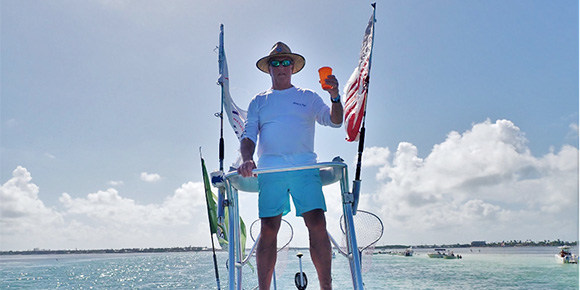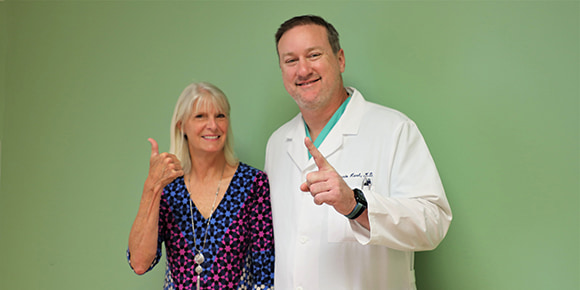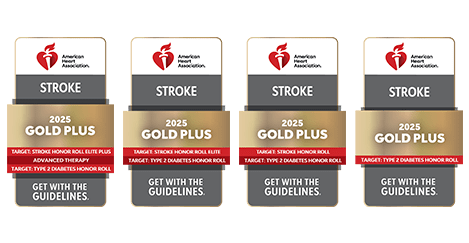U.S. News & World Report recognizes hospitals for their high performance in care across a range of procedures, conditions and specialties.
Baptist Beaches received the high performing hospital distinction for 7 procedures and conditions (uterine cancer surgery, heart failure, kidney failure, hip fracture, COPD, pneumonia and maternity care).
Baptist Nassau received the high performing hospital distinction for 2 procedures and conditions (hip fracture and COPD).
Baptist Jacksonville and Baptist South received the high performing hospital distinction for 1 adult specialty (neurology and neurosurgery) and 10 procedures and conditions (colon cancer surgery, uterine cancer surgery, heart failure, heart attack, diabetes, kidney failure, stroke, hip replacement, knee replacement and COPD).






